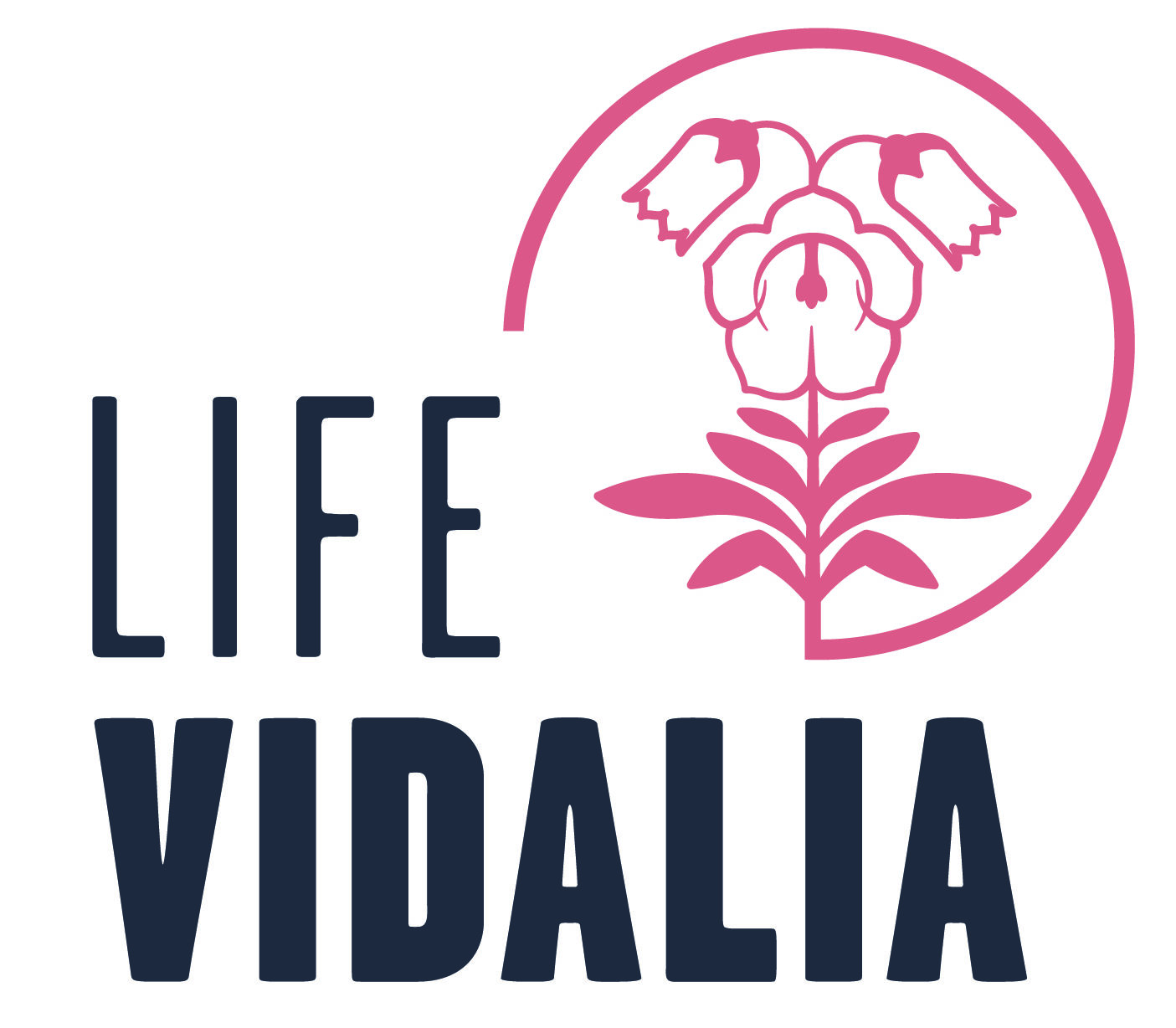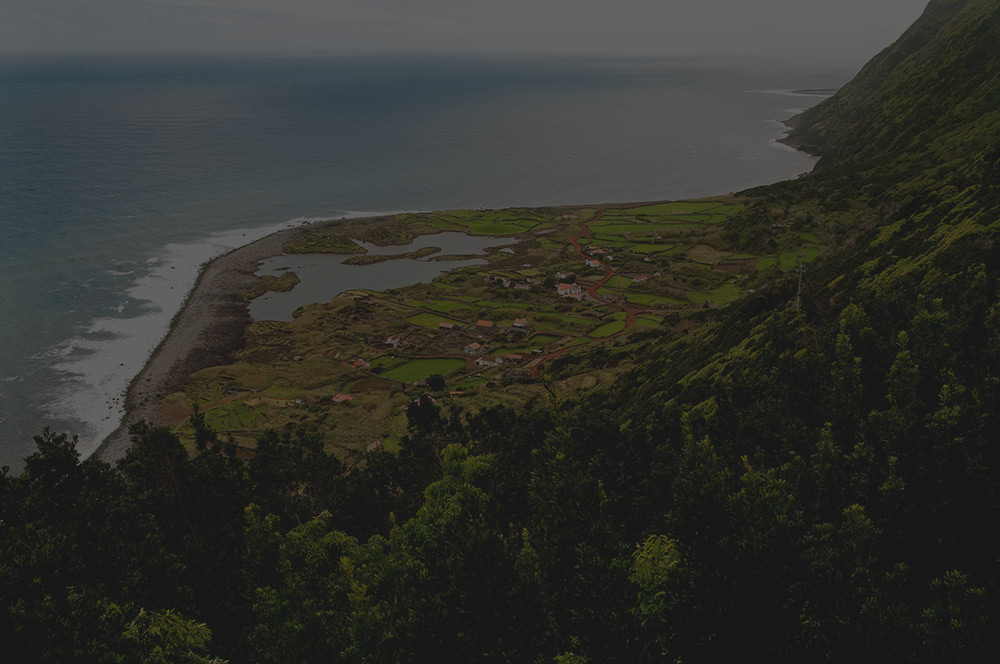The unfavorable conservation status of both target species is owed to several factors, including reduction of the number of individuals, the presence of Invasive Alien Species (IAS), the destruction of surrounding habitat or the lack of public awareness for the relevance of these species on global biodiversity conservation goals. The Regional Secretariat for the Environment and Climate Change and Regional Directorate for the Environment and Climate Change, coordinating and associated beneficiaries, respectively, have the needed experience and structure to achieve the project’s objectives, namely by directly reinforcing natural populations, reducing threats and raising awareness, seeking the viability of the natural populations on a long-term basis.
To achieve its main objective, while keeping also an adequate balance of cost-efficacy and adequate use of LIFE Programme, the project works focus all the Natura 2000Network sites where the target species occur in the islands of Faial, Pico and São Jorge. As such, the project contributes directly to the goals of Habitats Directive and EU Biodiversity Strategy, as well as for the implementation of the PAF (Prioritized Action Framework) for Natura Network 2000 in the Azores, executing in situ and ex situ conservation actions targeting priority species and restoring habitat through IAS control and the propagation of native species.
LIFE VIDALIA is also closely linked to Faial Botanic Garden since the Rare Plant Nursery will be essential for creating plant propagation protocols and for the production of target species for ecological restoration of the intervention areas.





